detail profile digna kulionyt c4 97
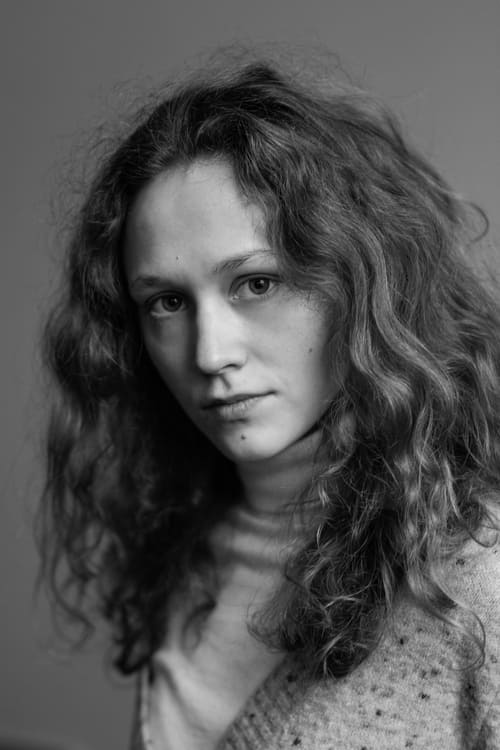
Info Pribadi
Peran Yang Di Mainkan Digna Kulionytė
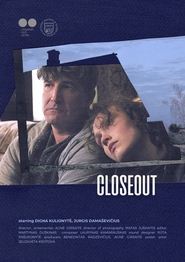 Auks and her father Saulius arrive...
Auks and her father Saulius arrive...Closeout 2024
Auksė and her father Saulius arrive at her late grandfather’s house, where Auksė learns that Saulius intends to sell the property. Saulius considers things left at home as junk that needs to be thrown away, while Auksė sees them as memories that shape her entirely different view of the past. Guided by her new-found perspective, Auksė tries to convince her father to reconsider the sale. But the cold relationship between them and the ongoing silent mourning lead to a confrontation where neither side is completely right.
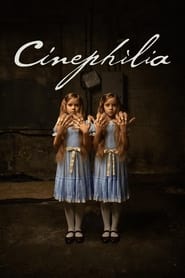 With gentle irony Cinephilia unmasks the...
With gentle irony Cinephilia unmasks the...Cinephilia 2021
With gentle irony, “Cinephilia” unmasks the illusion of film. Characters migrate through the worlds of reality and fantasy, in circumstances that paradoxically have no questions or answers. The two moons of Lars von Trier shine in the night sky, entrancing the main heroes, Roland and Isabel. Roland rents himself a room where he winds up in situations reminiscent of the plots found in Franz Kafka’s “The Trial” or Roman Polański’s “The Tenant”. A guy visits Roland, claiming that they known each other, and offers him a lot of money to film his suicide. There begins a kaleidoscopic sequence of events and random acquaintances. They make the characters wander through the worlds of reality and fantasy, sometimes both at the same time. A dark comedy that tells nine related stories in which the fates of the characters intertwine.
 The film is based on a...
The film is based on a...The Partisan 2020
The film is based on a previously untold story of Juozas Paliūnas-Rytas, the leader of the so-called ‘Revival District’ and his dramatic battle.
 It follows Rimants who is more...
It follows Rimants who is more...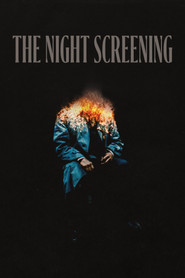 Watchmaker stumbles into a mysterious cinema...
Watchmaker stumbles into a mysterious cinema...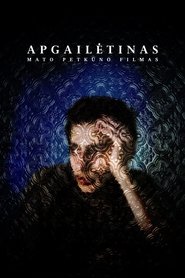 A twenty year old still lives...
A twenty year old still lives...